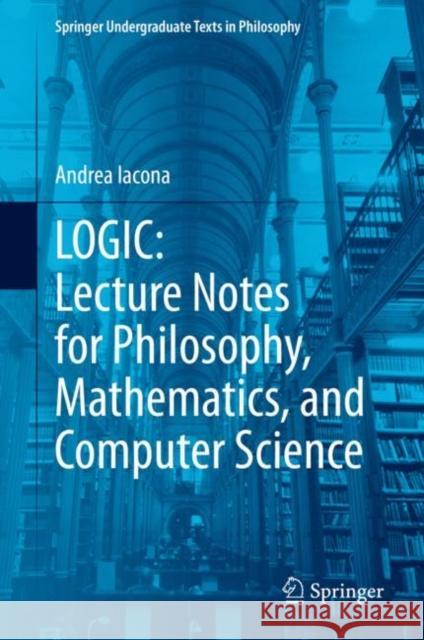Logic: Lecture Notes for Philosophy, Mathematics, and Computer Science » książka
topmenu
Logic: Lecture Notes for Philosophy, Mathematics, and Computer Science
ISBN-13: 9783030648107 / Angielski / Twarda / 2021 / 227 str.
Logic: Lecture Notes for Philosophy, Mathematics, and Computer Science
ISBN-13: 9783030648107 / Angielski / Twarda / 2021 / 227 str.
cena 261,63
(netto: 249,17 VAT: 5%)
Najniższa cena z 30 dni: 231,29
(netto: 249,17 VAT: 5%)
Najniższa cena z 30 dni: 231,29
Termin realizacji zamówienia:
ok. 22 dni roboczych.
ok. 22 dni roboczych.
Darmowa dostawa!
Kategorie BISAC:
Wydawca:
Springer
Seria wydawnicza:
Język:
Angielski
ISBN-13:
9783030648107
Rok wydania:
2021
Wydanie:
2021
Numer serii:
000789957
Ilość stron:
227
Waga:
0.51 kg
Wymiary:
23.39 x 15.6 x 1.42
Oprawa:
Twarda
Wolumenów:
01
Dodatkowe informacje:
Wydanie ilustrowane











